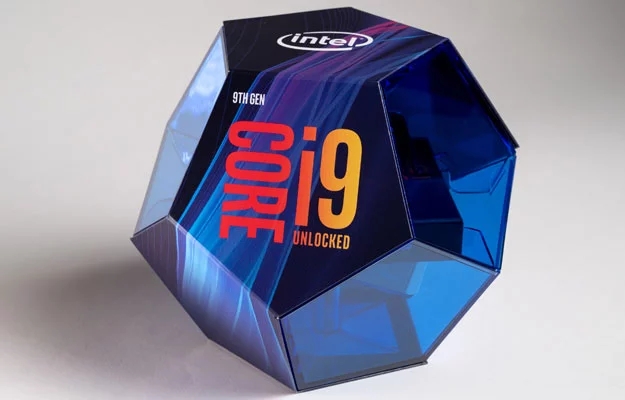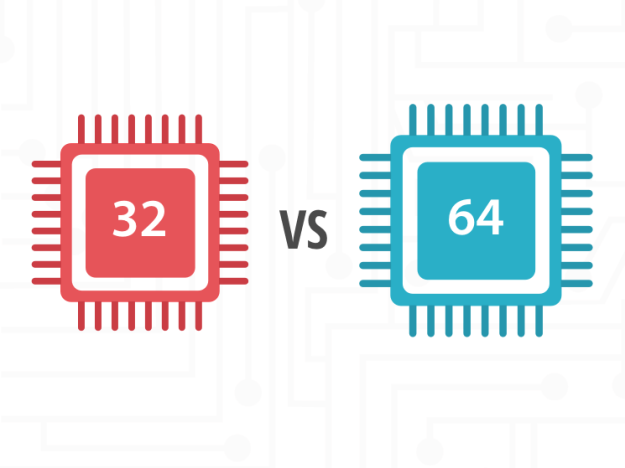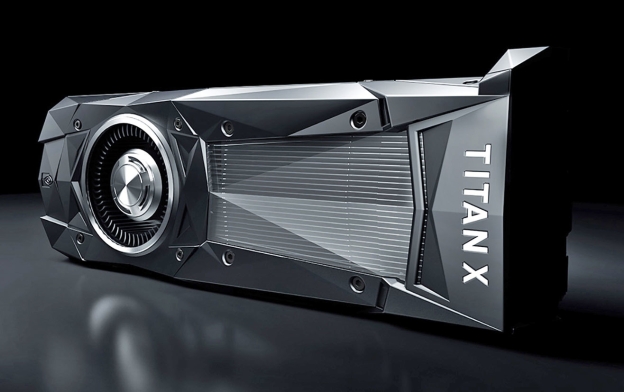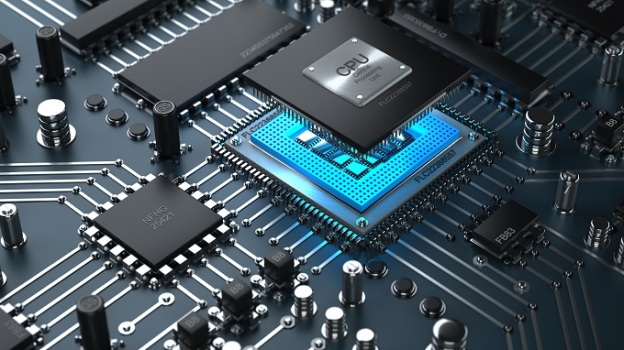A CPU is a terrifically complex piece of hardware. Even Intel’s most lightweight processors comprise more than 40 million transistors on a piece of silicon the size of a fingernail. And it isn’t only about numbers: the way these transistors implement the core logic that drives laptops and desktop PCs is the product of some seriously advanced electronic engineering.
Although the physical construction of CPUs may be abstruse, it isn’t hard to understand the principles of how modern processors are designed, and how they work. An understanding of how instructions are processed inside the CPU can also help programmers construct their code so it will run as quickly and efficiently as possible – although these days much processor optimization is handled automatically by the compiler. Continue reading →



